Space is all around - Spring School in Belgium
Contact: andre.fuzfa@unamur.be
Universities involved:
- Toulouse INP – ENSEEIHT
- Université Paul Sabatier Toulouse III (UT3) – University of Toulouse
- ISAE-SUPAERO
- Luleå University of Technology
- University of Luxembourg
- Heinrich Heine University Düsseldorf
- University of Namur
- University of Rome “Tor Vergata”
- AGH University of Science and Technology
Profile and prerequisites:
- Bachelor (all years), Master's, and PhD levels.
- Entry-level activity to space topics, from scientific, technological to arts and societal aspects - Broad range from Bachelor to PhD ; accessible to both STEM and non-STEM profiles
Teaching modalities: TBC
Student mobility: Student mobility from 6 to 12 April, 2026, in Namur
Assessment modalities:
- End examination (Group concept study + presentation)
- Continuous assessment
This course is open to students from the seven universities.
how to apply
Students apply at their home universities.
Description:
Students will have the opportunity to explore various aspects of the space sector, from engineering and science to humanities, during a Spring School held at the Euro Space Center and ESA-ESEC (European Space Security and Education Centre) in Belgium.
The program is designed for a broad audience, welcoming both STEM and non-STEM students, allowing them to discover the many facets of the space industry. The course will be conducted in English. External students who are not enrolled in the astronomy lecture (SMAT B213) will have access to preliminary online events to provide context and fundamental knowledge about space.
The Spring School will include:
- Plenary conferences on space law, medicine, rocketry, satellite operations, cybersecurity, and more.
- Team-building activities inspired by astronaut training at the Euro Space Center.
- Visits to the ESA Academy facilities and the ESEC-Redu station.
- A cosmicathon (team-based challenge on space mission design).
- Planetarium sessions and stargazing activities.
Lecturers:
- UNamur: André Füzfa
- Uni.lu: Mahulena Hofmann
- UniTor: Loredana Santo
- Several invited professors: Colleagues from UNIVERSEH welcome!
Objectives: Group concept study on a fictitious space mission (2024: Asteroid mining during Apophis 2029 closest approach); Statement given in the last preparatory remote session; working sessions scheduled during the school; final presentation on the last day of the school.
Course Learning Outcomes:
Lectures will introduce students to different aspects of space exploration, such as geology, sustainable development, and robotics. Students will learn about the geology of various terrestrial bodies and challenges of space exploration. They will also learn about preparing and testing robots used in space missions.
To allow students to see the connections between space geology and space resource exploration and Earth geology and traditional mining, students will take part in educational field trips.
The educational trip to the Wieliczka Salt Mine (a UNESCO World Heritage site) is a unique opportunity to see first-hand how the mining industry looked like centuries ago and what it meant to be a miner. The educational trip to the Racławka Valley and Dubie dolomite mine will help students understand the geological history of planet Earth and learn about different types of rocks and how they were formed first hand.
The school will also be an opportunity to practice communication and collaboration skills in multi-national teams, improve foreign language skills, and brainstorm and reflect on the hard and soft skills of entry-level employees in the space sector. Students will be encouraged to share and reflect on their experiences of inter-cultural communication and experiences of Krakow and places they will have an opportunity to visit. Krakow the former capital of Poland offers unique opportunities to observe and experience shared European history and traditions in the form of architecture, culture and cuisine.
